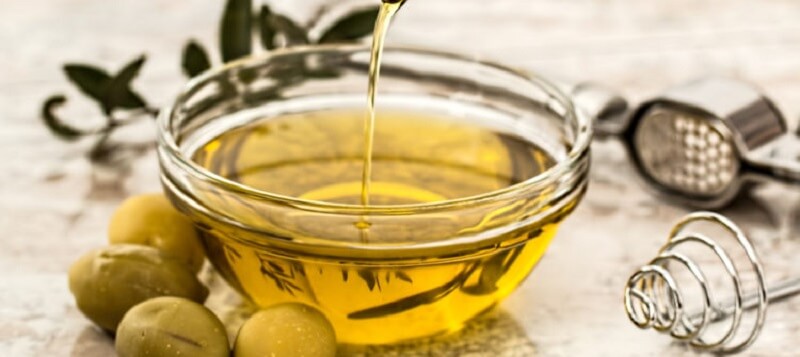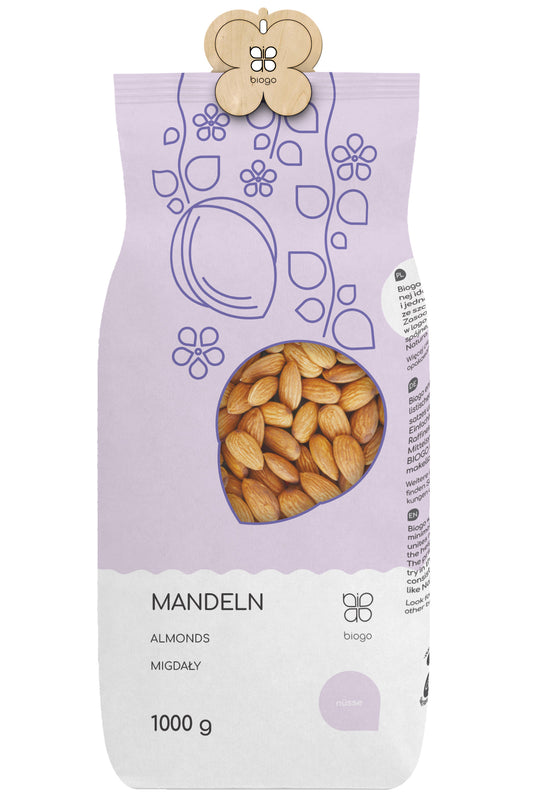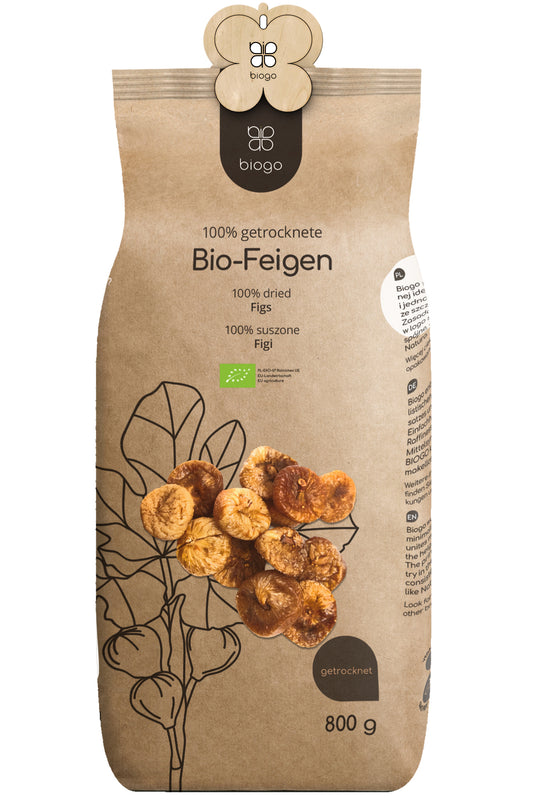Oil as Precious as Gold – History through the Prism of the “Golden Liquid”
- What is olive oil?
- How do you recognize high-quality olive oil?
- Olive - the secret of health
- Olive oil in the kitchen
For thousands of years, the inhabitants of the Mediterranean basin have cultivated olive trees and used their fruits in their daily lives. Olives and olive oil were used in traditional cuisine. Olive oil and olive leaves had therapeutic powers for ancient societies. And when it was necessary to forgive the gods, olive oil or olives were given as gifts.
The Greeks have relied on olive oil for thousands of years. In Crete, the southern Peloponnese, the Aegean islands, and many other regions, olive oil was an exclusive product used in cooking. The beloved olive tree, blessed by God himself, is a sacred tree in the eyes of the Greeks.
Greece is the cradle. It is highly likely that the first cultivation of olive trees took place on the Greek islands of Santorini and Nysyros. A fossil of an olive tree dating back approximately 60,000,000 years was discovered there. However, it is generally believed that Crete is the island where the first olive groves were planted.
What is olive oil ?
Olive trees originate from the Mediterranean region, but today they can also be found in Australia and America. Many olive varieties are grown there that can only be used to produce olive oil, while others are best suited for eating (these are usually larger). There are also some that serve both roles.
Olive trees bloom in spring (April-May), and shortly thereafter, the fruits begin to grow. They initially appear light green and ripen by the end of August. Ripening time can vary depending on the variety, but is usually around the end of August.
Olive oil is the natural juice of olives, a pure liquid extracted mechanically or naturally. The juice is found in the pericarp, the fleshy part of the fruit.
How do you recognize high-quality olive oil ?
- Color – this isn't a criterion that always gives us the desired answer. Good olive oil should range in color from green to yellow-gold. Green is when chlorophyll predominates in the oil, while the more carotene there is, the closer the oil is to a yellow-gold color.
- Taste and aroma – the ideal temperature for testing the oil is 28°C. The pleasant fruity aroma and flavor demonstrate the oil's high quality. If you notice an unpleasant smell of earth or even mold, you should avoid this oil.
- Acidity – It is generally accepted that olive oil should not exceed 3.3% oleic acid content per 100g of oil. In fact, olive oil that exceeds 1% is not considered high-quality olive oil. This parameter is often indicated on the label, and it is relatively easy to check the acidity of oils. Those from the top shelf of olive oil do not exceed 0.3% acidity. For an olive oil to be considered extra virgin, it must not exceed 0.8% acidity.
- Oxidation is one of the most common causes of oil spoilage. Storage conditions (light or oxygen) can lead to oxidation, which causes the oil to lose quality.
Olive - the secret of health
Olive oil is said to act as a shield that protects our health. More and more researchers are confirming the positive effects of olive oil on our bodies:
- bad cholesterol - unlike other fats, the consumption of olive oil lowers the concentration of LDL ("bad cholesterol") in the blood without lowering the level of HDL ("good cholesterol"),
- Triglycerides - Olive oil has been shown to lower triglyceride levels in the blood. The accumulation of bad cholesterol in the blood caused by triglycerides can block the arteries that supply oxygen to the brain and heart.
- High blood pressure - Olive oil lowers blood pressure (systolic and diastolic). Therefore, it reduces the risk of heart attack,
- Cancer – Studies show that consuming olive oil can slow the development of breast cancer and other types of this disease. A balanced diet including olive oil and vegetables can reduce the risk of cancer by up to 75%.
- Digestive system - Researchers confirm that olive oil can protect against stomach cancer, improve liver function, and help it cleanse toxic substances.
- Rheumatoid arthritis – consuming olive oil reduces the likelihood of this symptom by up to 75%. Especially with a balanced diet and the consumption of fish,
- Diabetes – Olive oil should also be consumed by diabetics.
Olive oil in the kitchen
Olive oil has been an essential part of the diet since ancient times. Ancient cooks used its qualities to prepare fish, cheese, and vegetables, among other things.
Today, knowledge about olive oil is very extensive. We know how it affects our health and we know what we can use it for. Its applications are extremely broad. It is used to preserve vegetables or seafood. Sauces and dips made with olive oil are extremely fresh and go perfectly with garlic, nuts, cheese, almonds, cucumbers, and even avocados. In traditional Mediterranean cuisine, olive oil is perfect for cooking meat, seafood, fish, or vegetables. It perfectly enriches delicious salads. Many sweets are also made with olive oil: carrot cake, walnut cake, traditional baklava, honey or orange cake. There are also flavored oils (with garlic, rosemary, Provençal herbs, basil, etc.) that are a great addition to salads.
THE PUBLISHER'S CHOICE
Dried dates 1 kg BIOGO
- £4.00
£5.00- £4.00
- Unit price
- / per
Almonds 1 kg BIOGO
- £11.00
£13.00- £11.00
- Unit price
- / per
Peeled sunflower seeds 1 kg BIOGO
- £3.00
£4.00- £3.00
- Unit price
- / per
Dried organic mango 400 g BIOGO
- £10.00
- £10.00
- Unit price
- / per
Dried White Mulberries 500 g ORGANIC
- £6.00
£7.00- £6.00
- Unit price
- / per
Popcorn (corn kernels) organic 1 kg BIOGO
- £6.00
- £6.00
- Unit price
- / per
Organic Ground Turmeric 500 g BIOGO
- £6.00
- £6.00
- Unit price
- / per
Milk thistle seeds 1 kg BIOGO
- £4.00
- £4.00
- Unit price
- / per
Dried organic figs 800 g BIOGO
- £27.00
- £27.00
- Unit price
- / per
Bag #changezbiogo Cotton v.2
- £3.00
- £3.00
- Unit price
- / per






































































































































